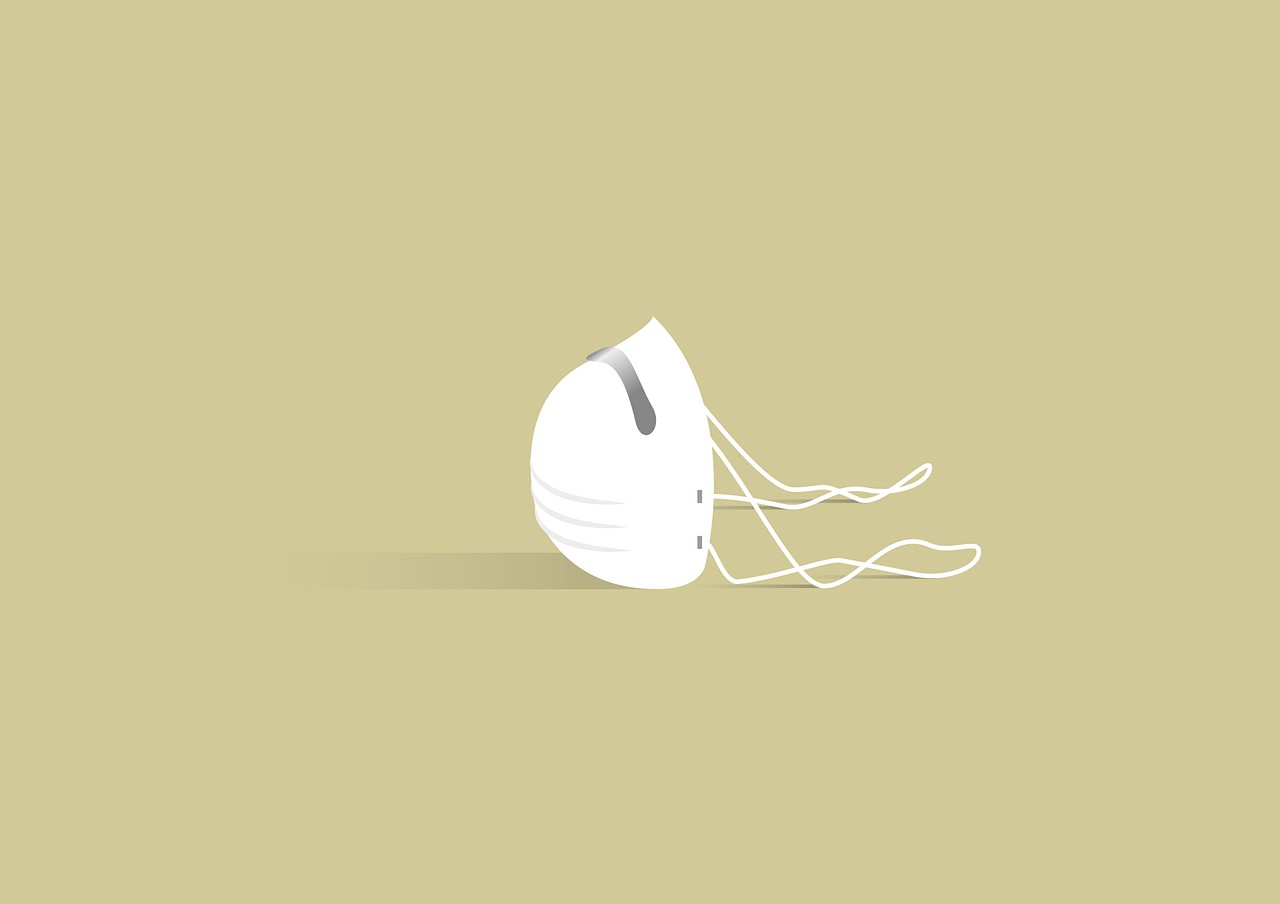Medical billing and coding is a career that’s on the rise, and one you can earn a certification for in under one year. With so much competition, the pandemic raging around us, and an uncertain future, there’s never been a better time to get the education you need to secure your place in tomorrow’s workforce. Medical billing and coding is a rewarding career, full of its own challenges, good pay, and ultimately, the satisfaction of knowing that you’re a crucial part of the healthcare system.
Medical billers and coders are the unsung heroes of the healthcare process, ensuring that invoices are sent and insurance agencies know what they’re paying for, so they don’t delay or refuse payments. This process goes largely unnoticed by patients, and most people have no idea just how important our medical coders are.
In this guide, we’ll take a look at what a medical billing and coding career might look like in the coming year.
What’s The Job?
If you say “medical billing and coding” to the average person, there’s a good chance they won’t know what exactly you mean. Billing is simple enough, but the coding part is usually what throws people off. The definition is simple, though.
A medical biller and coder is the one who sends the invoices to insurance companies for payments when you have a physician’s appointment, operation, medication, etc. But you can’t just send a form with “had surgery” written on it and expect insurance to pay. There are standardized codes in the medical world that help to translate industry jargon and specifics into something insurance companies understand.
You have to remember that doctors everywhere have their own slang and view procedures, medications, and medical processes differently. This makes it nearly impossible to figure out a standard approach to wording without some kind of system in place. If the insurance company can’t understand what they’re paying for, they’re just going to withhold payment.
So, you’re essentially a translator. You’ll take those medical forms, full of jargon and different approaches to healthcare, and standardize them into codes, which can then be turned into an invoice and sent off for payment. Are you beginning to understand why the process is so crucial? We depend on our insurance to cover major medical expenses. Imagine if the process was any more difficult without a standardized coding system!
Read next: 6 Useful Job Hunting Tips During the Coronavirus
The Path To Billing And Coding
To begin your journey, you’ll need to take medical billing and coding classes online or at a university. These courses can take anywhere from 10-12 months, depending on which school you pick. Most online programs are designed to be fast-track programs, getting you through the coursework quickly so you can pass your exam and get out into the workforce. It’s important to make sure the school you choose is accredited, though, before signing up. If not, your certification could be meaningless!
You’ll study some basic medical information, ethics, and what a coder/biller does on a daily basis. You’ll learn the standardized codes and how to use them, as well as how to create good invoices and more. There’s more to the job than just billing and coding. You need to be a good, ethical healthcare worker—especially since you’re working with sensitive personal information. Being a good healthcare worker means respecting the privacy of patients and the security of their information.
Job Outlook
So, is billing and coding a viable career, or a waste of time? The Bureau of Labor Statistics classifies this job under the category of “medical records and health information”, which is a category that encompasses similar jobs. Overall, though, the jobs in this category operate under the same principle; dealing with healthcare information and records.
As far as viability goes, the job niche itself had an estimated 341,000 jobs available last year (2019), and is expected to grow by 8% through 2029, adding close to 29,000 jobs over that timespan. The bottom line? There are jobs available now, and an estimated 29,000 to be added over the next ten years. Not to mention, the starting salary is about $42,000 per year, so yes—it’s definitely a viable career option.
Read next: 10 Online Jobs that You Can Do from Home
Healthcare Is Expanding
Aside from the niche of medical records and health information, the medical industry itself is expanding every year. Factors like rising health concerns, a global pandemic, and the relative incompetence of our healthcare system have added to the need for more resources—human and otherwise—in the system to help it maintain itself. The healthcare system employs millions of people, and that’s not going to change anytime soon. As long as we’re mortal, and subject to disease, illness, and traumatic injury, there will be a need for healthcare professionals. That only means that there will always be jobs available for those that can make it through the appropriate education channels to get there!






